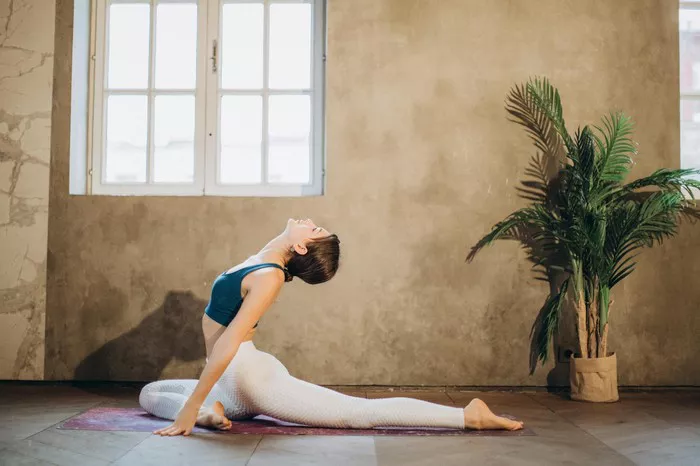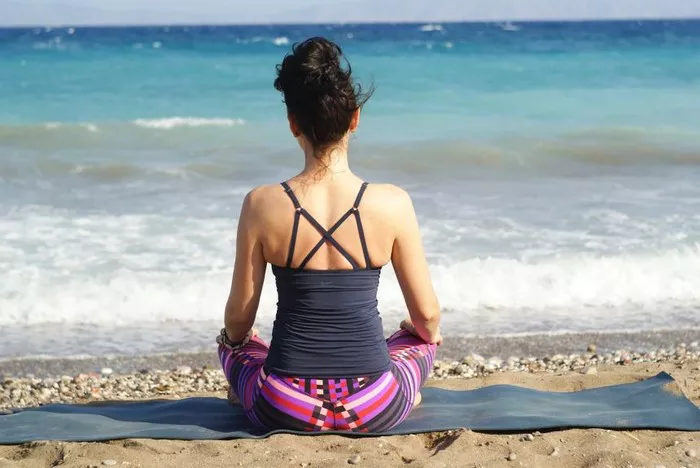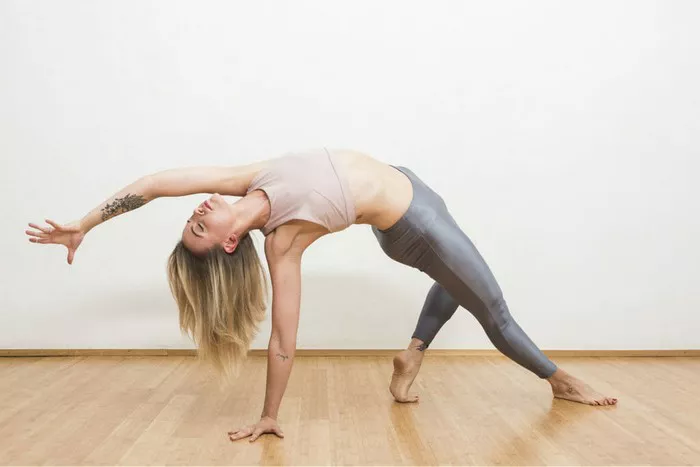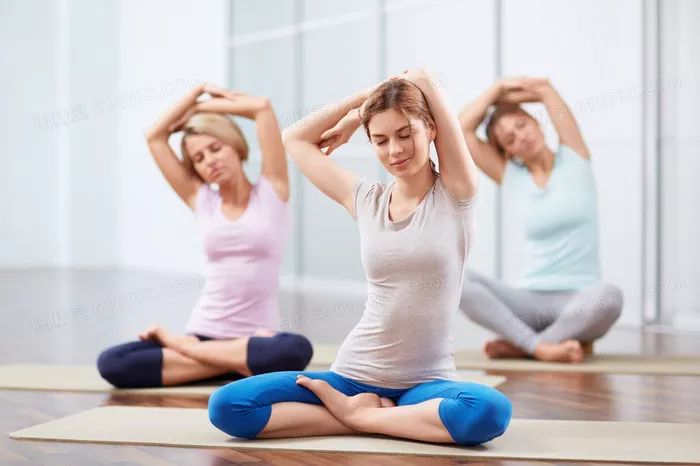Vinyasa yoga, often described as a dynamic and flowing style of yoga, has gained immense popularity in recent years. Characterized by a seamless transition between poses synchronized with breath, Vinyasa offers a holistic approach to physical fitness and mental well-being. However, for beginners stepping onto the yoga mat for the first time, the question arises: Is Vinyasa yoga suitable for beginners? In this comprehensive guide, we delve into the intricacies of Vinyasa yoga, its benefits, challenges, and considerations for beginners to help answer this question.
Understanding Vinyasa Yoga
Vinyasa yoga, derived from the Sanskrit word “nyasa,” meaning “to place,” and the prefix “vi,” meaning “in a special way,” emphasizes the coordination of breath with movement. Unlike more static forms of yoga, such as Hatha yoga, which focus on holding poses for extended periods, Vinyasa yoga involves fluid transitions between poses, creating a seamless flow of movement.
In a typical Vinyasa class, practitioners move through a series of poses, or asanas, connected by Sun Salutations (Surya Namaskar) or other linking sequences. The pace of the practice can vary, ranging from gentle and slow-paced sessions to vigorous and fast-paced flows, depending on the instructor’s style and the level of the class.
Benefits of Vinyasa Yoga for Beginners
Vinyasa yoga offers a myriad of benefits for beginners, both physical and mental. Here are some key advantages:
1. Improved Flexibility: The dynamic nature of Vinyasa yoga helps increase flexibility by gently stretching and elongating muscles through a range of motion.
2. Strength Building: While Vinyasa yoga may seem gentle to beginners, it can be surprisingly effective in building strength, particularly in the core, arms, and legs, as practitioners flow through various poses that engage different muscle groups.
3. Stress Reduction: The synchronization of breath with movement promotes mindfulness and relaxation, reducing stress and anxiety levels. Vinyasa yoga encourages practitioners to focus on the present moment, fostering a sense of calm and mental clarity.
4. Cardiovascular Health: The continuous movement and moderate intensity of Vinyasa yoga sequences can contribute to improved cardiovascular health by increasing heart rate and circulation.
5. Mind-Body Connection: Vinyasa yoga encourages practitioners to cultivate awareness of the body and breath, fostering a deeper connection between the mind and body. This heightened awareness can lead to greater self-awareness and introspection.
6. Adaptability: Vinyasa yoga offers a versatile practice that can be tailored to suit individual needs and preferences. Beginners can modify poses or take breaks as needed, making it accessible to practitioners of all fitness levels.
Challenges for Beginners
While Vinyasa yoga offers numerous benefits, beginners may encounter certain challenges as they embark on their yoga journey:
1. Pace and Intensity: For beginners, the fast-paced nature of Vinyasa yoga classes can be overwhelming, making it challenging to keep up with the instructor’s cues and transitions between poses. It may take time for beginners to develop the strength and endurance necessary to maintain the flow of the practice.
2. Coordination and Balance: Coordinating movement with breath while maintaining proper alignment and balance can be challenging for beginners, especially if they are unfamiliar with yoga terminology and sequencing.
3. Risk of Injury: Without proper alignment and awareness, beginners may be at risk of injury, particularly if they push themselves too hard or move too quickly into advanced poses. It’s essential for beginners to listen to their bodies, practice mindfulness, and seek guidance from experienced instructors to prevent injuries.
4. Learning Curve: Vinyasa yoga involves learning a variety of poses and sequences, which can be daunting for beginners who are unfamiliar with yoga terminology and sequencing. Patience and consistency are key as beginners gradually build familiarity with the practice over time.
Tips for Beginners Practicing Vinyasa Yoga
To help beginners navigate the challenges of Vinyasa yoga and maximize the benefits of their practice, here are some helpful tips:
1. Start Slowly: Beginners should start with gentle and beginner-friendly Vinyasa classes to familiarize themselves with basic poses and alignment principles before progressing to more advanced sequences.
2. Focus on Breath: Paying attention to the breath is essential in Vinyasa yoga. Beginners should prioritize breath awareness and synchronization, using the breath as a guide for movement and maintaining a steady and controlled breath throughout the practice.
3. Listen to Your Body: Beginners should listen to their bodies and honor their limits, avoiding the temptation to push beyond their capabilities. It’s okay to take breaks, modify poses, or skip challenging sequences to prevent strain or injury.
4. Seek Guidance: Beginners can benefit from seeking guidance from experienced yoga instructors who can provide personalized instruction, alignment cues, and modifications to ensure a safe and effective practice.
5. Practice Regularly: Consistency is key in yoga practice. Beginners should aim to establish a regular practice routine, even if it’s just a few minutes each day, to build strength, flexibility, and familiarity with the practice.
6. Stay Patient and Persistent: Learning Vinyasa yoga takes time and patience. Beginners should approach their practice with a sense of curiosity and openness, understanding that progress may be gradual but rewarding in the long run.
Conclusion
In essence, Vinyasa yoga is indeed good for beginners. Vinyasa yoga can be a beneficial practice for beginners seeking to enhance their physical fitness, mental well-being, and overall quality of life. While it may present challenges initially, such as pace, coordination, and learning curve, with patience, persistence, and guidance from experienced instructors, beginners can gradually build strength, flexibility, and confidence in their practice. By focusing on breath awareness, listening to their bodies, and practicing regularly, beginners can harness the transformative power of Vinyasa yoga to cultivate a deeper connection between mind, body, and spirit.





















